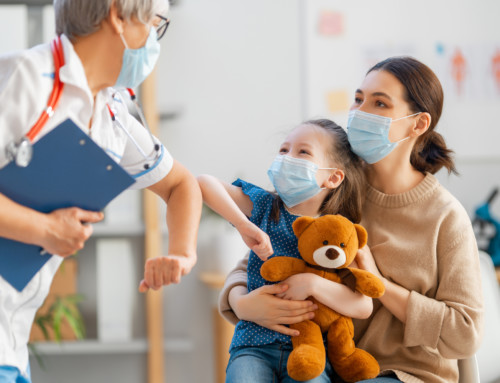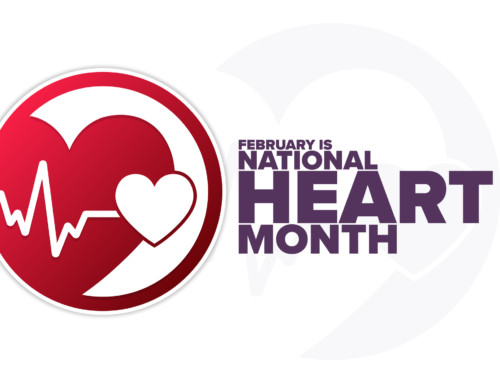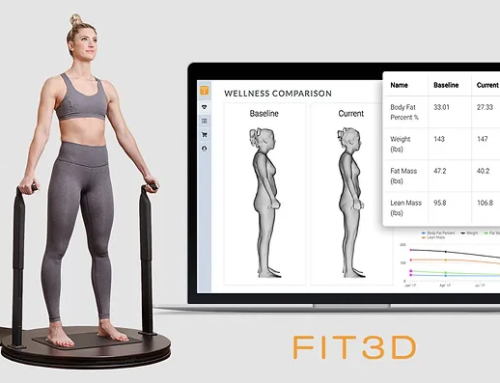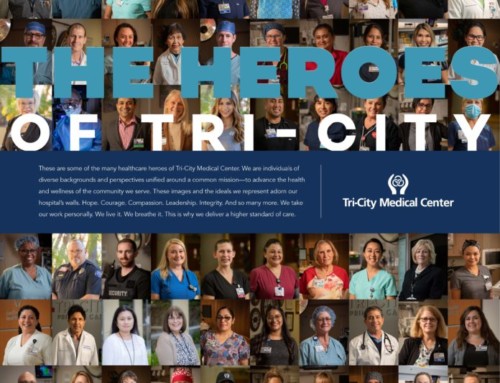By Sarah T. Jayyousi, MSW, LPCC, LCSW – Updated April 1, 2022
We are now in year three of a global pandemic with some hope that things are moving in the right direction. The COVID-19 pandemic and other stressful events in the world have impacted our lives in a variety of ways. These are challenging times that may cause anxiety and stress, especially if you are constantly following the news or anxious about your loved ones or your health. It is essential to stay informed and equally necessary to engage in physical, psychological and spiritual self-care. A holistic approach is important in reducing stress and anxiety and helping you stay connected to others in your community. This can include a combination of proper nutrition, regular exercise, maintaining supportive contact with family and friends and utilizing your surrounding community (cultural groups, support groups, church, synagogue, mosque, etc.).
If you are healthy and feel comfortable visiting your friends and family members, it’s great to get back to social engagements while following safety protocols. Social contacts can be powerful in helping us feel supported and make connections with individuals we care about. Even a short visit or a walk with a supportive individual can make a difference in feeling less isolated. Due to social distancing, we isolated ourselves for the past two years and this may have become the new normal and being with others can be anxiety-provoking. However, as human beings, we thrive in environments where we make connections and have social interactions. Strong support systems and social ties with loved ones can help us manage stress and anxiety and cope with stressful life experiences.
We are never sure when the stressor or when another variant will come, but we will find ways to adapt, as humankind has done for centuries. Here are some mental health tips to keep in mind while you cope with the ever-changing pandemic:
Be Proactive and Engage In Holistic, Meaningful Activities
From history, such as the Spanish flu of 1918-1919, we know mental health problems and first-time psychiatric hospitalizations increased significantly during and after a pandemic. If we take measures to be proactive and engage in holistic and meaningful activities, we can reduce negative impacts. A consistent daily routine will help bring a sense of normalcy to your life. This can also include taking breaks from computers, phones and TV screens and engaging in a joyful activity such as a mindful walk.
Social Distancing Does Not Need To Include Social Isolation
Support of family, friends, neighbors and community can be helpful. Many of us feel happier, less anxious and more centered when we help and give to others. We can stay preoccupied and paralyzed by fear, or we can take steps to engage our community and help those in need. A few of my colleagues and friends are helping in food pantries, donating to social causes or calling elderly acquaintances to offer help and support. Growing connections with colleagues and the community and assisting others can be very meaningful and provide us with a deeper sense of purpose.
Separate Yourself from Your Thoughts
In Western society, we tend to focus on our thoughts, and those thoughts or strong emotions can be distressing and impact our lives. Separating ourselves from our thoughts can be helpful. We are not our thoughts and emotions, we simply experience them. Suppose you find yourself anxious about a particular issue. In that case, it may help to say to yourself, “I am noticing that I have a thought about…”. Separating yourself from negative thoughts can reduce their negative impact and help you focus on the present moment.
Resources
We are human beings capable of adapting and thriving in times of hardship. Mindfulness exercises are helpful and can help manage stress, improve sleep and even reduce blood pressure. Engaging in mindful activities, such as art, prayer or yoga can also help us stay in the present and assist in coping with stressors. UCLA has an excellent site with podcasts including Mindfulness in Difficult Times and more. Visit uclahealth.org/marc/meditation-at-the-hammer to learn more.
You can also visit our partners at the National Alliance on Mental Illness or NAMI at nami.org/covid-19 or call 1-800-950-NAMI (6264) for assistance. You can also text “NAMI” TO 741741.
Finally, Tri-City Medical Center Outpatient Behavioral Health Services has in-person and virtual treatment options for patients who may benefit from Intensive Outpatient Program (IOP) care. These include programs for major depression, anxiety disorders and more. To get started, please call 760.940.5051.
May you stay healthy and balanced and continue adapting in these rapidly changing times!





